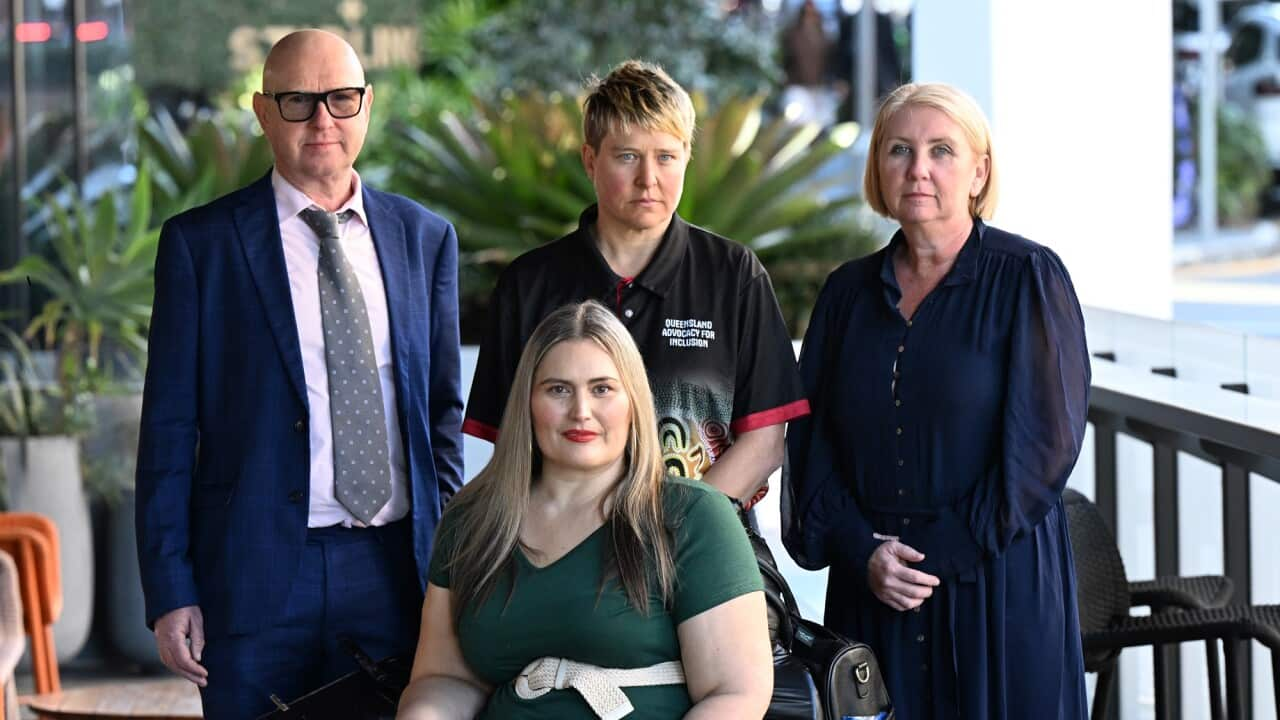TRANSCRIPT
After a delay earlier this year, the federal government has handed down its response to a report calling for changes to a sector plagued by abuse, neglect and exploitation.
Social Services Minister Amanda Rishworth has outlined the government's response to the Disability Royal Commission report.
"I want to make it clear our government and the ministers here today, but across the Commonwealth are committed to taking action. We are committed to realising that vision of the Royal Commission that says people with disabilities should be free from neglect, abuse, and discrimination, but also should experience inclusion in all facets of life. And we will, as a government, keep working every day to ensure that people with disability are included."
The government has responded to 172 recommendations by accepting 13 of them in full.
117 recommendations have been accepted in-principle, while the government is still considering 36 recommendations and has noted 6 others.
It's a response which President of People with Disability Australia, Marayke Jonkers, says falls short of expectations.
"Us and our members are devastated , disappointed and completely caught-off guard with the response to us sharing our stories over 7,000 submissions; and only 13 recommendations accepted. This completely disproportionate to the scale of neglect and abuse that has been experienced and shared."
The federal government has pledged $369 million towards the initial response, committing nearly $230 million for an employment package to help people find suitable jobs.
It has also allocated nearly $20 million to improve community attitudes - including in the workplace.
It's committed nearly $7 million to overhaul the Disability Discrimination Act, which hasn't been substantially changed since 2009.
But missing from those commitments is a pledge to phase out group homes over 15 years or to create a Disability Rights Act.
The federal government says it will also not adopt a recommendation to phase out special or segregated schools.
Minister Rishworth says the federal government will look at other ways to make the education system more inclusive.
"No government accepts that we have done our work when it comes to a more inclusive education. I do understand minister Clare, along with his state counterparts, will continue to look at how we provide a more inclusive education system. There are a number of recommendations that we're conflicting but the principals that come out of this is that all governments have committed to more inclusive education."
The federal government's response into the Royal Commission, which cost almost $600 million, comes 10 months after the final report was released, and four months after the recommended response deadline.
Michelle Moss is the CEO of the Queenslanders with Disability Network.
She says the disability community will remain hopeful there will still be further action taken.
"People with disability have hope to see movement and I think that it's really important that as a whole community we hold to account to see that change occur. As we've heard we don't want to see this Royal Commission shelved and gathering dust. We want to see action and we want to see change."
The government says it will remain accountable on its progress on reform by publishing a report every six months, as well as providing an annual update to national cabinet.













